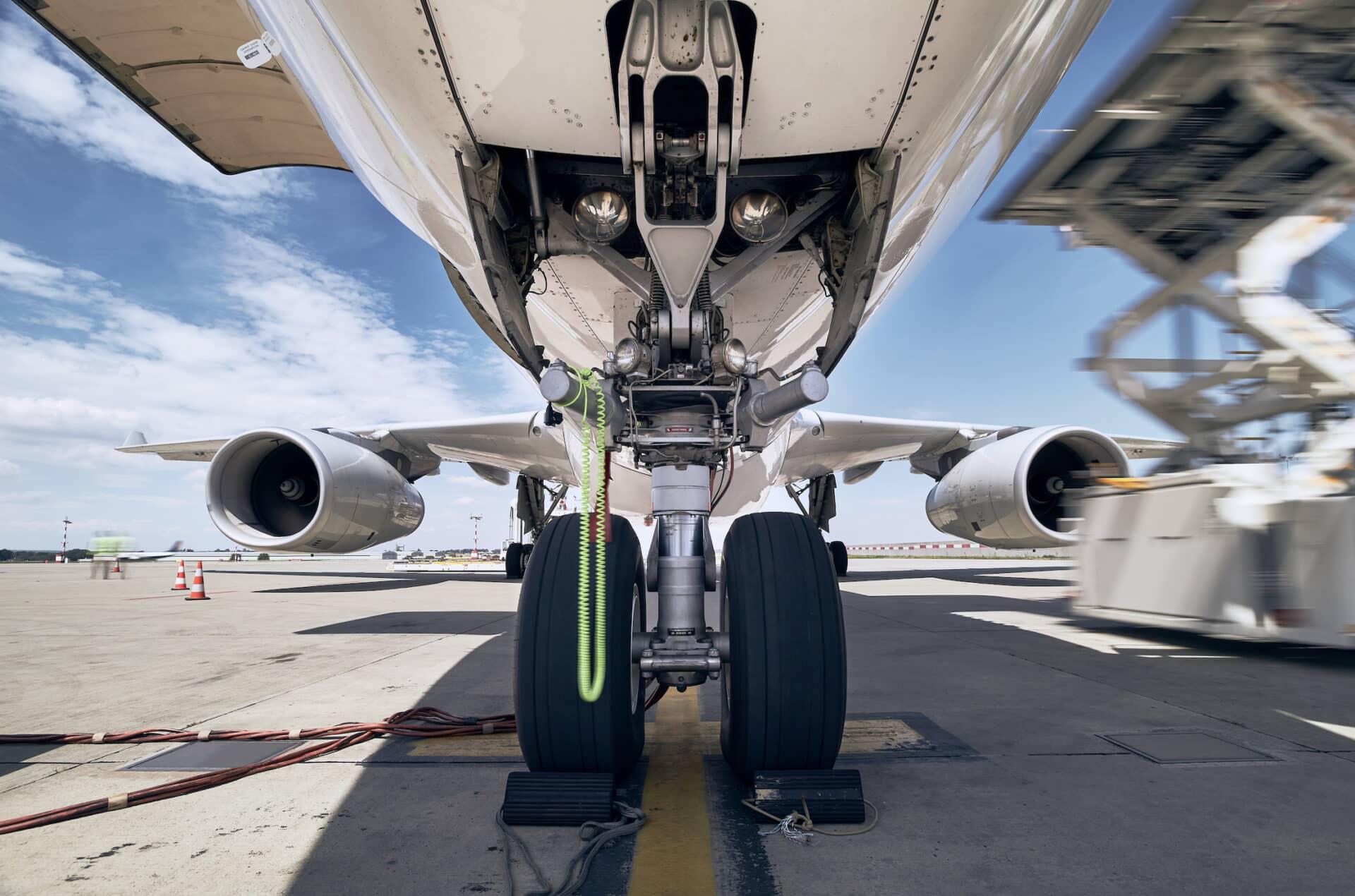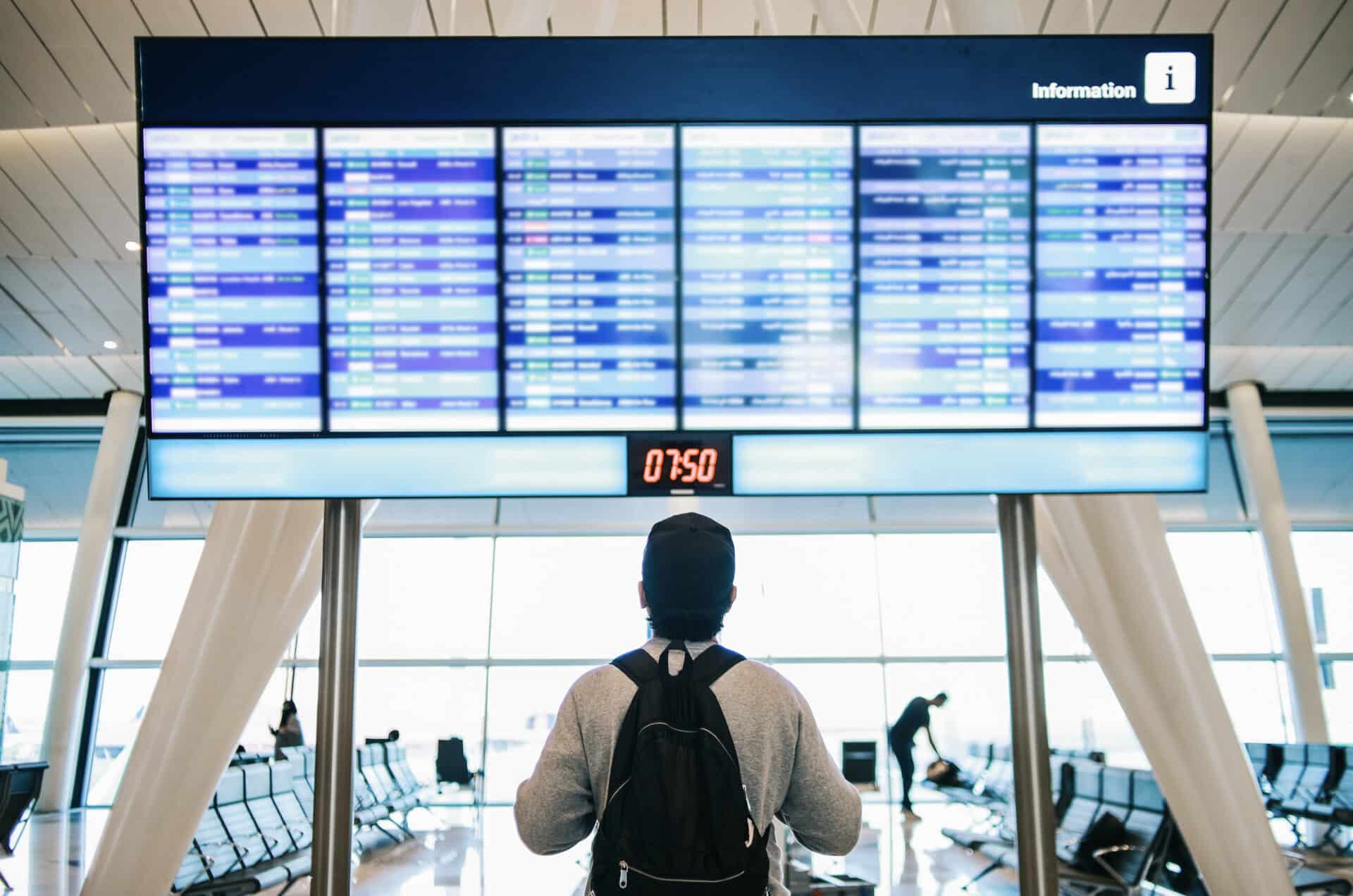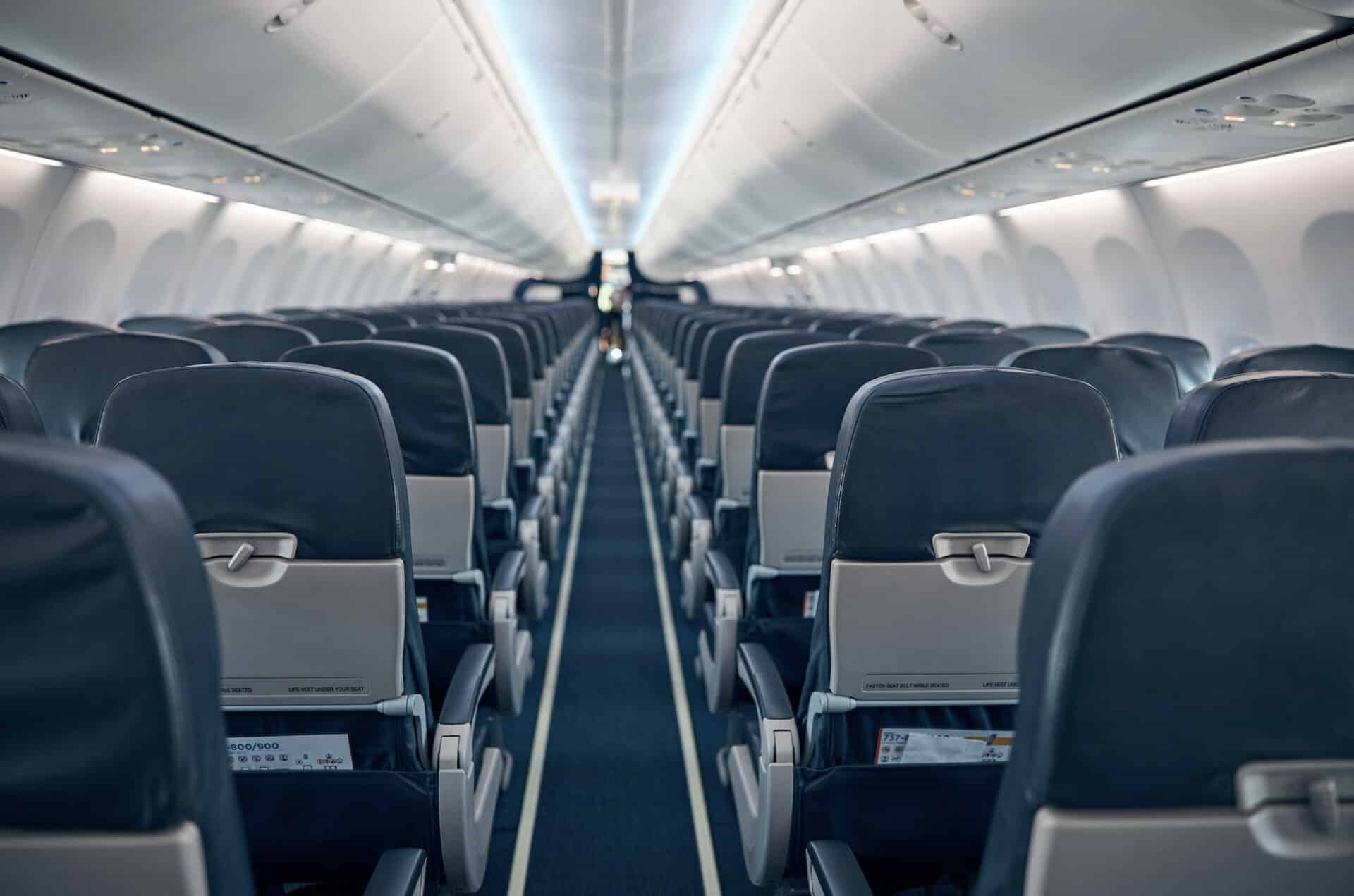In the complex world of aviation, protecting against potential financial risks is as crucial as ensuring flight safety. Aircraft liability insurance companies serves as a critical shield for aviation stakeholders, offering financial protection against third-party claims, bodily injury, property damage, and other potential legal challenges that can arise from aviation operations.
Understanding Aircraft Liability Insurance
Aircraft liability insurance is a specialized form of protection that covers an aircraft operator’s legal responsibility for injuries or damages caused to third parties during aviation operations. Unlike hull insurance, which protects the aircraft itself, liability insurance focuses on external risks and provides comprehensive protection for various scenarios.
This coverage is essential for safeguarding against passenger injuries, ground property damage, environmental impact claims, legal defense costs, and potential lawsuits arising from aviation incidents.
Major Aircraft Liability Insurance Companies
1. USAIG (United States Aircraft Insurance Group)
USAIG has established itself as a pivotal force in aviation insurance, operating as a unique pool of insurers managed by United States Aviation Underwriters. The group provides comprehensive protection across various aviation sectors, offering a full spectrum of coverage that extends beyond traditional insurance models.
Their expertise covers commercial and private airlines, corporate aircraft, helicopters, and aviation service providers, distinguished by innovative risk management strategies and comprehensive safety programs.

2. Liberty Specialty Markets
Liberty Specialty Markets has carved out a significant niche in global insurance, specializing in complex risk solutions for aviation. Their global network enables nuanced risk assessment and comprehensive protection that adapts to the evolving aviation ecosystem.
The company offers sophisticated liability solutions for airline operations, general aviation, airport liability, and contingent risk protection, leveraging advanced analytical tools to provide customized risk management approaches.
3. AXA XL
AXA XL represents a global powerhouse in insurance and reinsurance, with extensive expertise in managing complex aviation risks. Their aviation division provides sophisticated liability solutions that address the multifaceted risk landscape of modern aviation.
The company offers comprehensive coverage including airline hull and liability, aircraft manufacturer protection, airport operator liability, and specialized war and terrorism risk coverage, distinguished by innovative risk transfer mechanisms and advanced cyber liability protection.
4. Swiss Re Corporate Solutions
As the commercial insurance arm of the Swiss Re Group, Swiss Re Corporate Solutions brings exceptional capacity to complex aviation risk management. Their approach combines global insights with specialized insurance solutions, providing tailored protection for airlines, aerospace manufacturers, airport operators, and emerging aviation technologies.
The company stands out for its innovative insurance products and comprehensive international protection strategies.
5. Tokio Marine HCC
Tokio Marine HCC is a specialty insurance provider with a significant presence in aviation risk management. Their comprehensive liability coverage spans commercial aviation, general aviation, and aerospace manufacturing sectors.
The company offers flexible protection solutions for various aviation stakeholders, leveraging advanced analytical approaches to risk management and providing tailored insurance products.
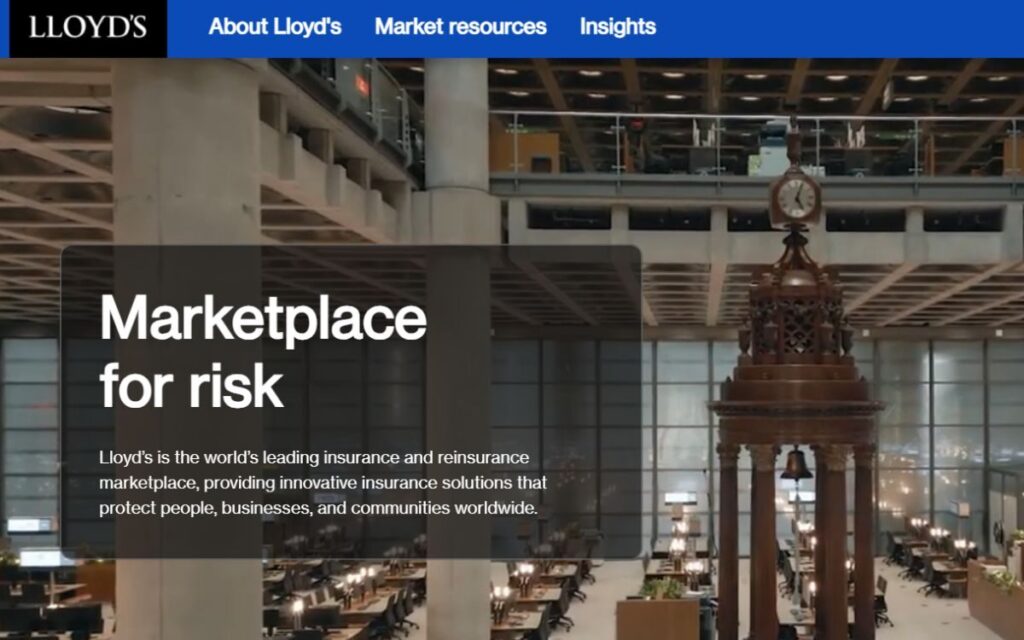
6. Lloyd’s of London
Lloyd’s of London represents a unique marketplace where multiple syndicates underwrite specialist aviation insurance. With centuries of insurance expertise, the Lloyd’s market provides exceptional capacity for complex and high-value aviation risks.
Their coverage encompasses airline liability, aircraft manufacturer protection, airport operator insurance, and innovative solutions for emerging aviation technologies.
Specialized Aviation Insurance Brokers
1. Marsh
A global leader in insurance broking and risk management, Marsh offers comprehensive aviation insurance services. Their dedicated aviation practice provides global risk management, tailored insurance placements, and advanced analytical tools to protect aviation stakeholders.
2. Aon
Aon provides global risk management solutions with a specialized aviation practice that addresses complex insurance needs. Their services include comprehensive risk advisory, global insurance placements, advanced data analytics, and specialized aviation consulting.
3. Willis Towers Watson
This global firm offers risk advisory and insurance broking services with a strong focus on aviation and aerospace sectors. Their capabilities include global risk management, specialized insurance placements, comprehensive aviation consulting, and advanced analytical approaches.
4. Gallagher
Gallagher provides specialized insurance brokerage and risk management services for aviation and aerospace industries. Their approach includes comprehensive risk management, specialized insurance solutions, global aviation consulting, and tailored protection strategies.
5. LL Johns & Associates
A specialized aviation insurance agency providing customized insurance solutions for diverse aviation stakeholders. They offer personalized insurance strategies, comprehensive aviation coverage, and specialized risk management approaches.
6. Aerospace Insurance Managers (AIM)
AIM specializes in providing targeted insurance management solutions for the aerospace and aviation sectors. Their expertise includes specialized insurance management, comprehensive risk assessment, and tailored aviation protection strategies.
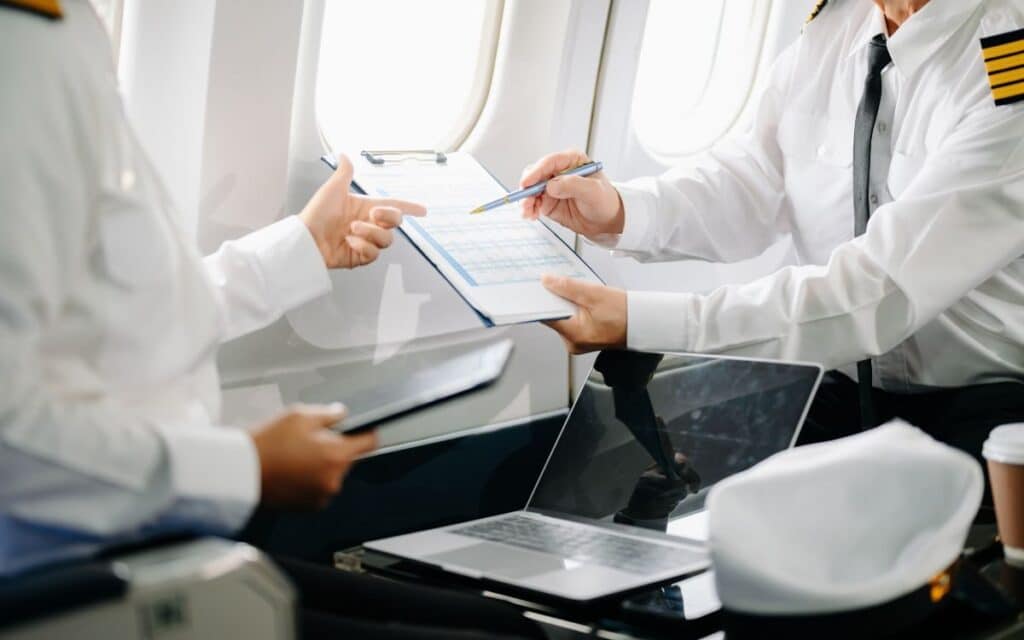
Factors to Consider in Aircraft Liability Insurance
Selecting the right liability insurance requires careful evaluation of multiple critical factors. Operators must consider their specific operational risks, the geographic regions where they operate, and the unique characteristics of their aircraft and its usage. Financial stability of the insurance provider, the comprehensiveness of coverage limits, and the provider’s reputation for claims handling are equally important considerations.
Emerging Trends in Aviation Liability Insurance
The aviation liability insurance landscape is undergoing significant transformation driven by technological advancements. Advanced data analytics are revolutionizing risk assessment, allowing insurers to develop more precise and responsive coverage models.
There is an increased focus on cyber liability protection, reflecting the growing digital risks in aviation. Insurance providers are developing more innovative and flexible products that can adapt to emerging aviation technologies and changing operational landscapes.
Conclusion
Aircraft liability insurance represents a critical component of risk management in the aviation industry. The right insurance partner can provide financial protection, peace of mind, and strategic support for aviation operations of all scales.
Frequently Asked Questions
Q1: What does aircraft liability insurance cover?
Answer: Aircraft liability insurance protects against third-party claims involving bodily injury, property damage, and legal defense costs arising from aviation operations.
Q2: How are liability premiums determined?
Answer: Premiums are calculated based on factors including aircraft type, operational usage, pilot experience, safety record, and geographic operating regions.
Q3: What’s the difference between aircraft liability and hull insurance?
Answer: Liability insurance covers third-party risks and legal claims, while hull insurance protects the aircraft itself against physical damage.
Q4: Do small aircraft operators need liability insurance?
Answer: Yes, liability insurance is crucial for all aircraft operators, regardless of size, to protect against potential financial risks from accidents or incidents.
Q5: How do international operations affect liability insurance?
Answer: International operations may require more comprehensive coverage, considering varying legal environments and potential cross-border risks.
Authors
-
Radu Balas: Author
Pioneering the intersection of technology and aviation, Radu transforms complex industry insights into actionable intelligence. With a decade of aerospace experience, he's not just observing the industry—he's actively shaping its future narrative through The Flying Engineer.
View all posts Founder
-
Cristina Danilet: Reviewer
A meticulous selector of top-tier aviation services, Cristina acts as the critical filter between exceptional companies and industry professionals. Her keen eye ensures that only the most innovative and reliable services find a home on The Flying Engineer platform.
View all posts Marketing Manager
-
Marius Stefan: Editor
The creative force behind The Flying Engineer's digital landscape, meticulously crafting the website's structure, navigation, and user experience. He ensures that every click, scroll, and interaction tells a compelling story about aviation, making complex information intuitive and engaging.
View all posts Digital Design Strategist
















